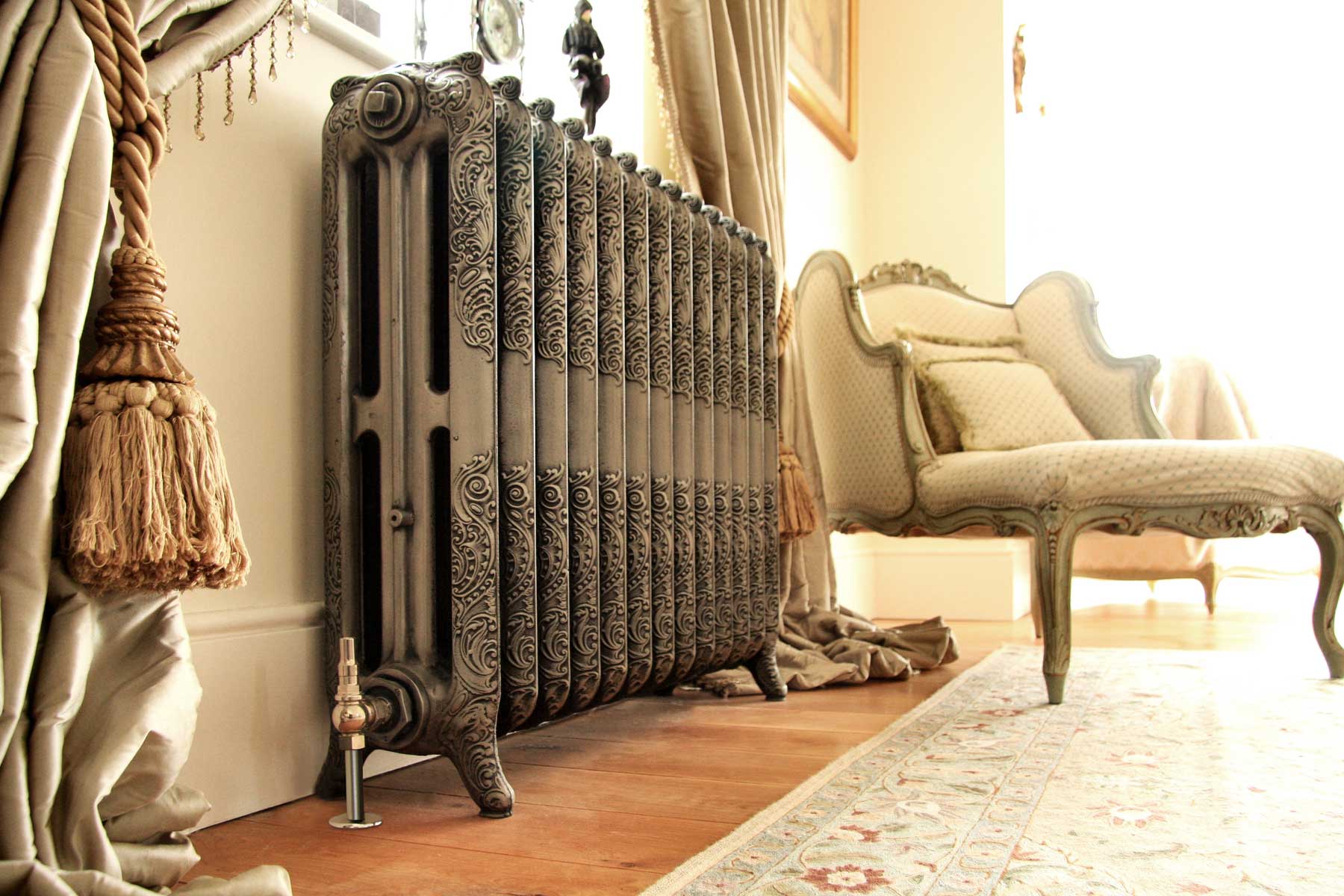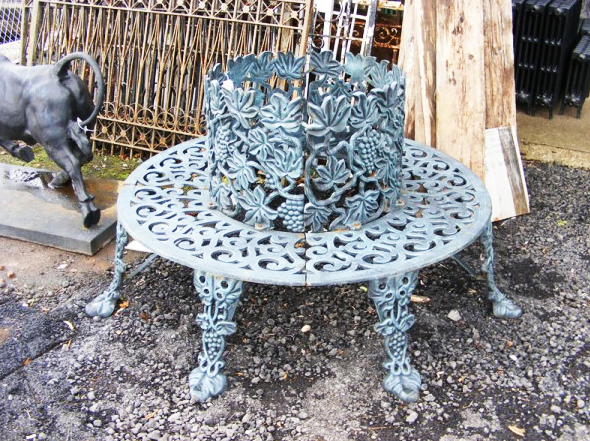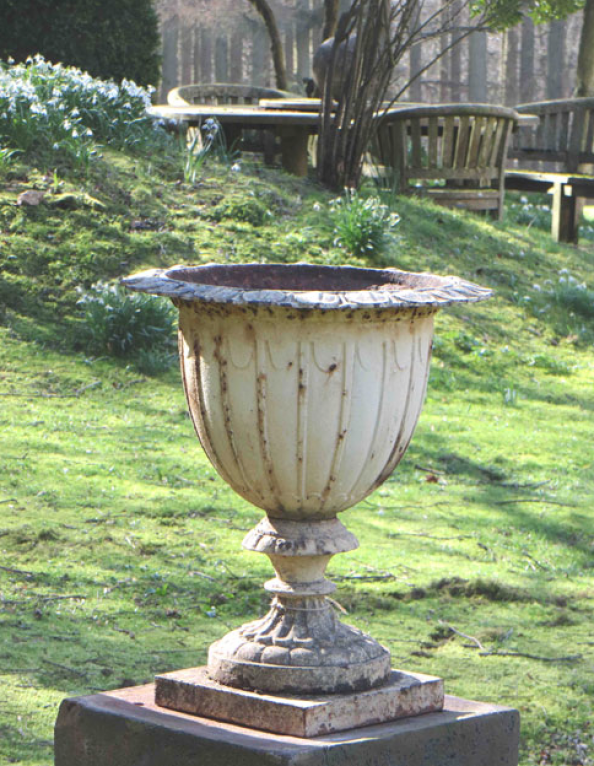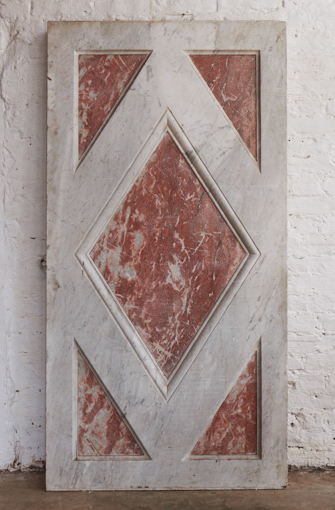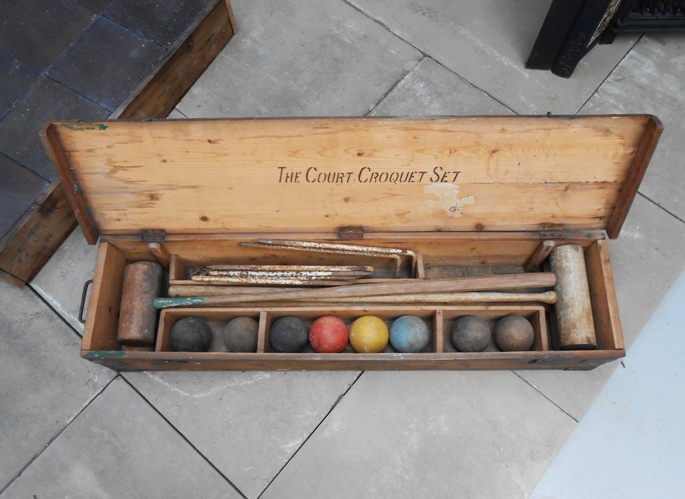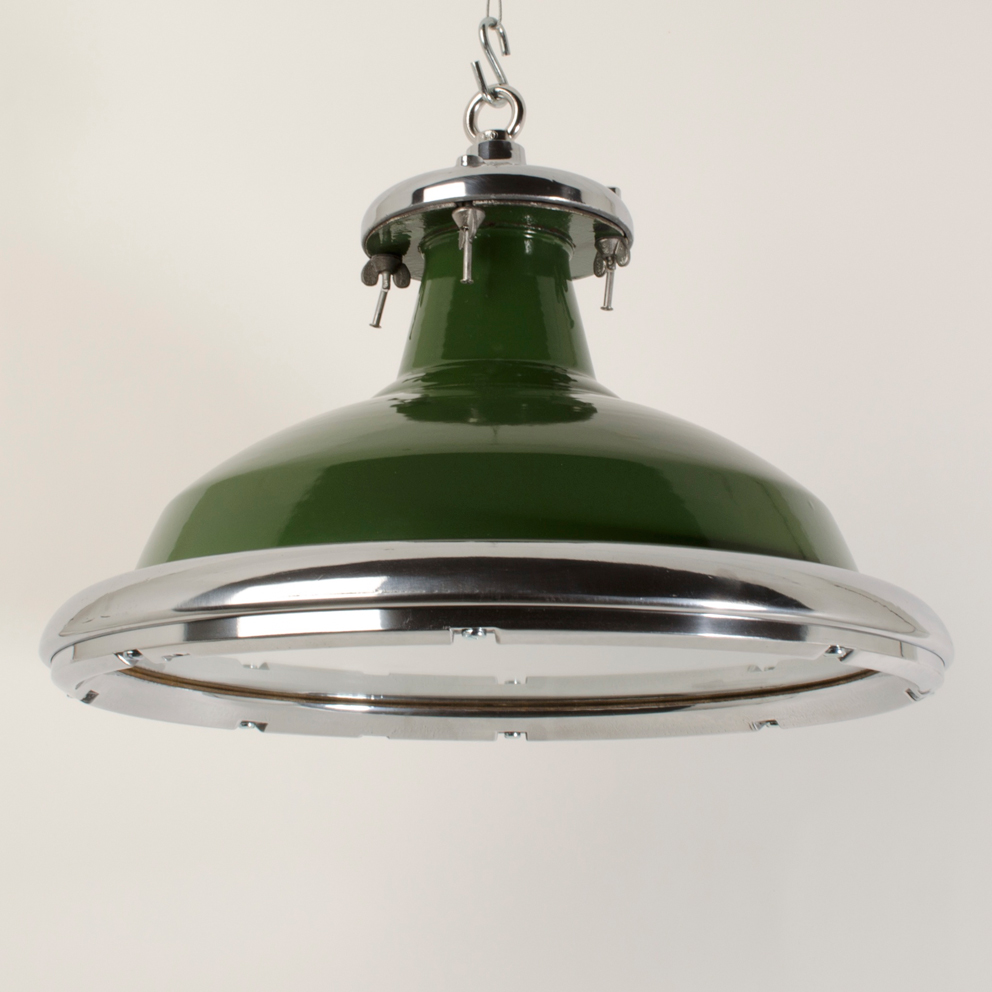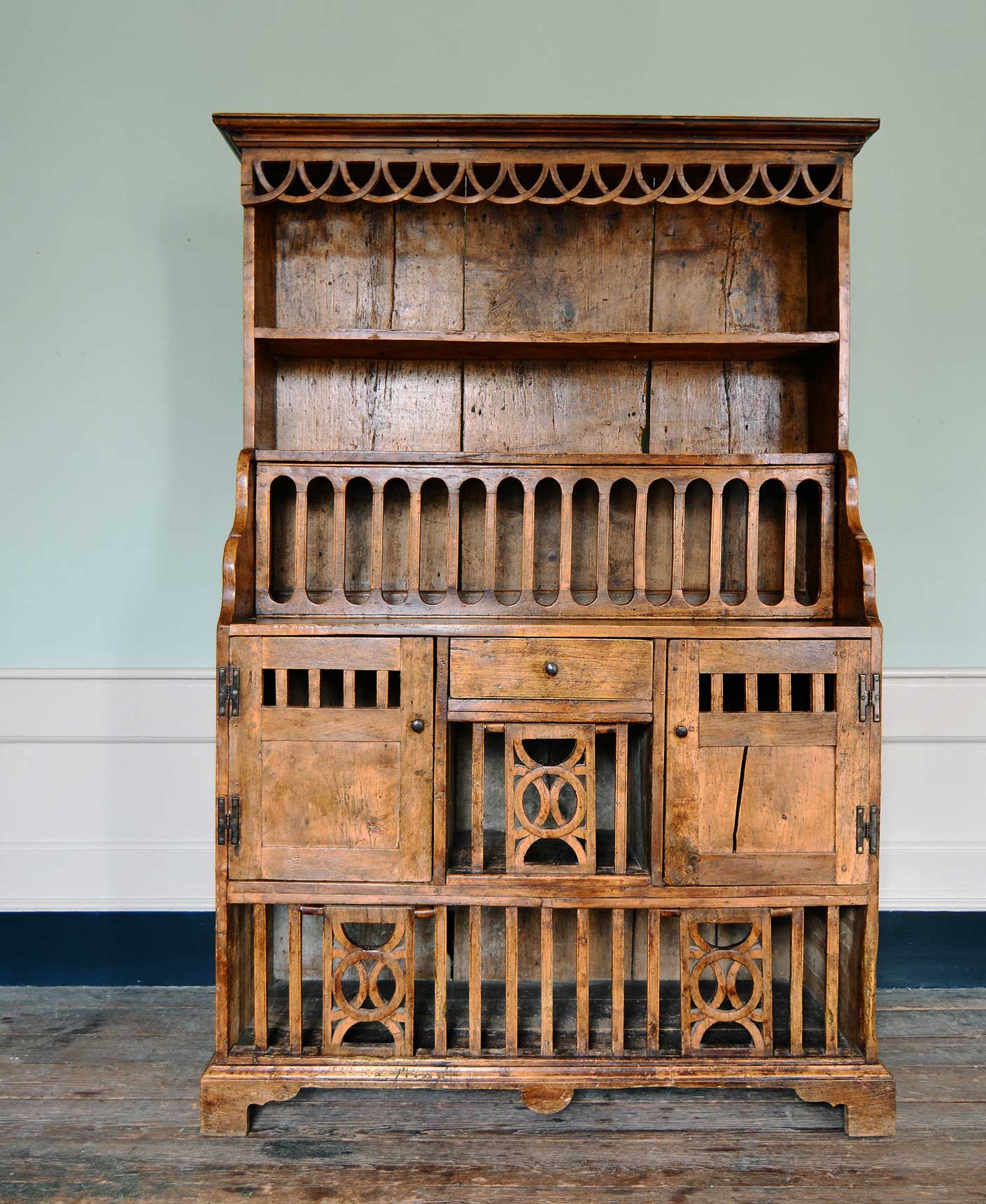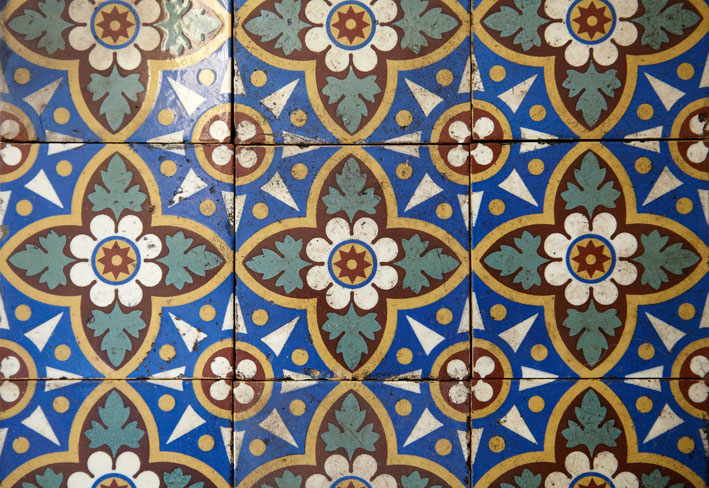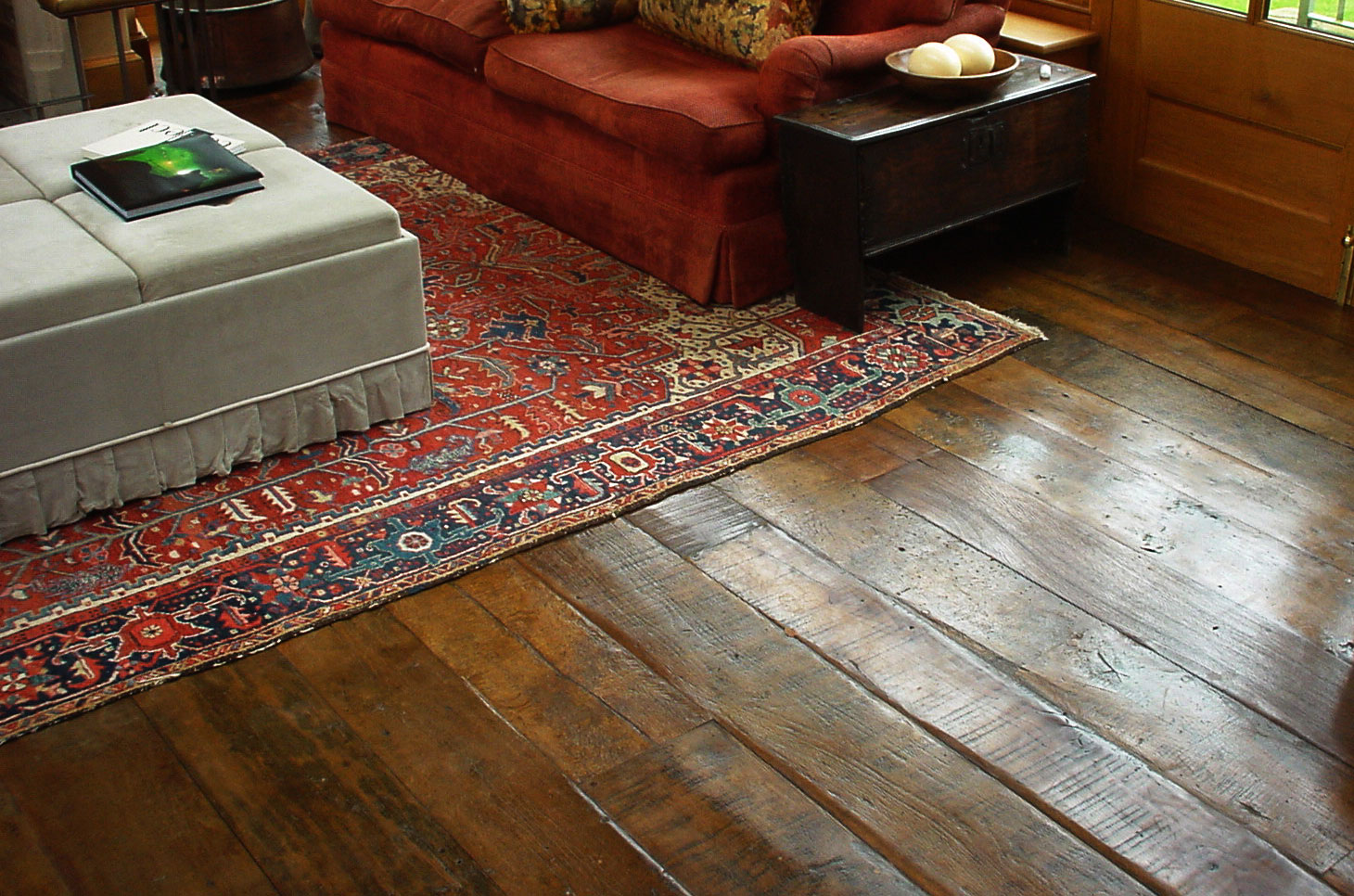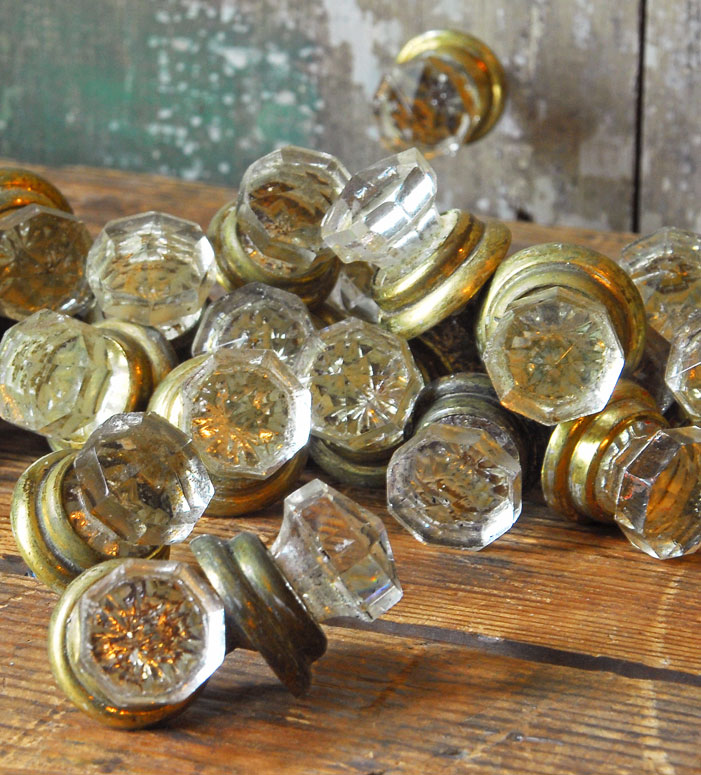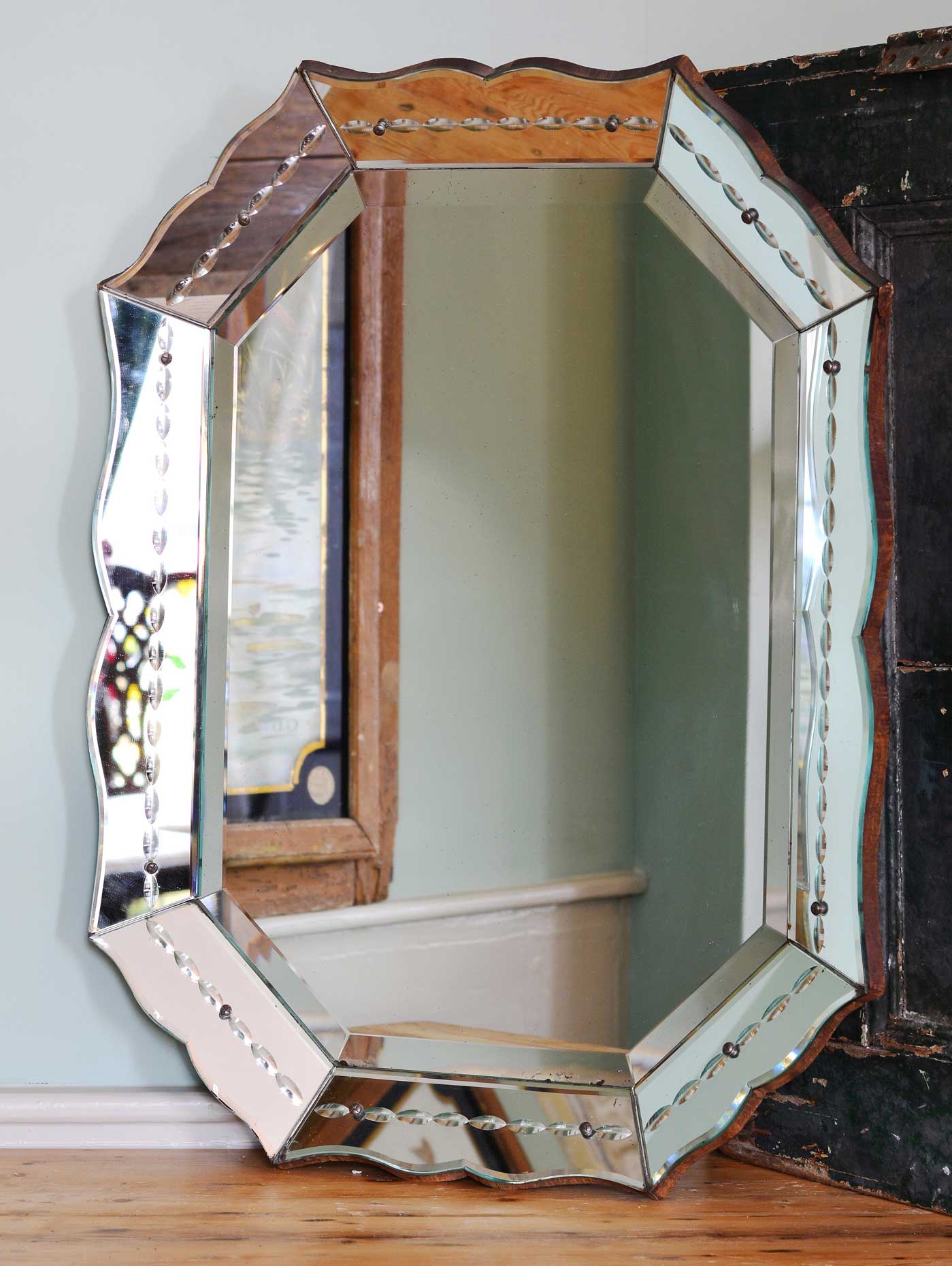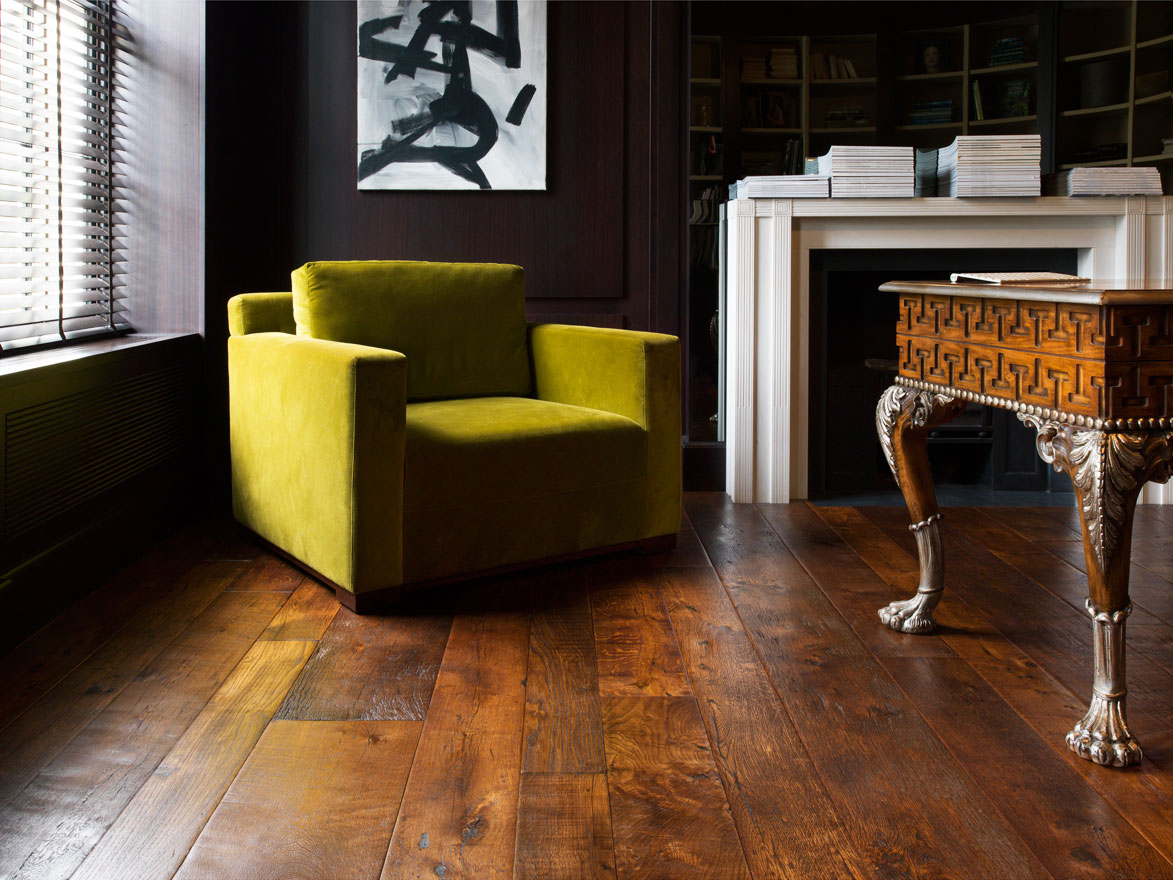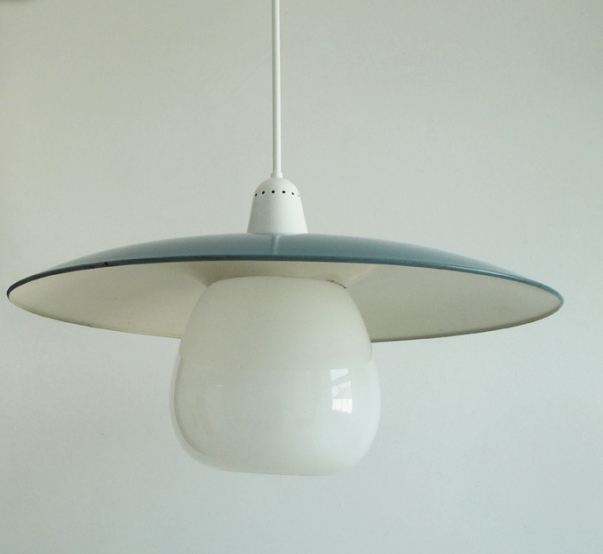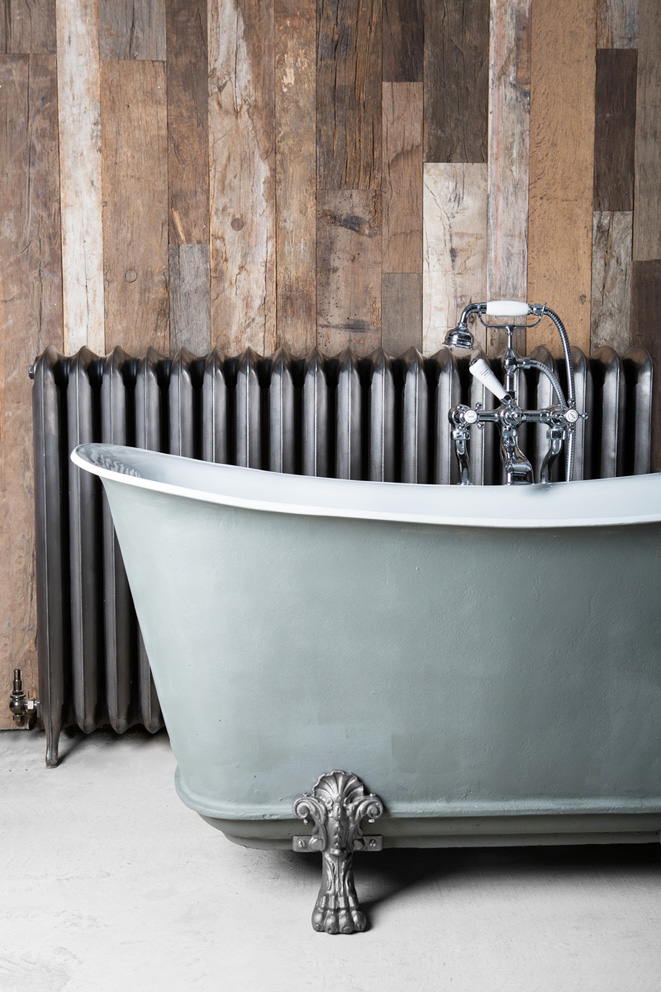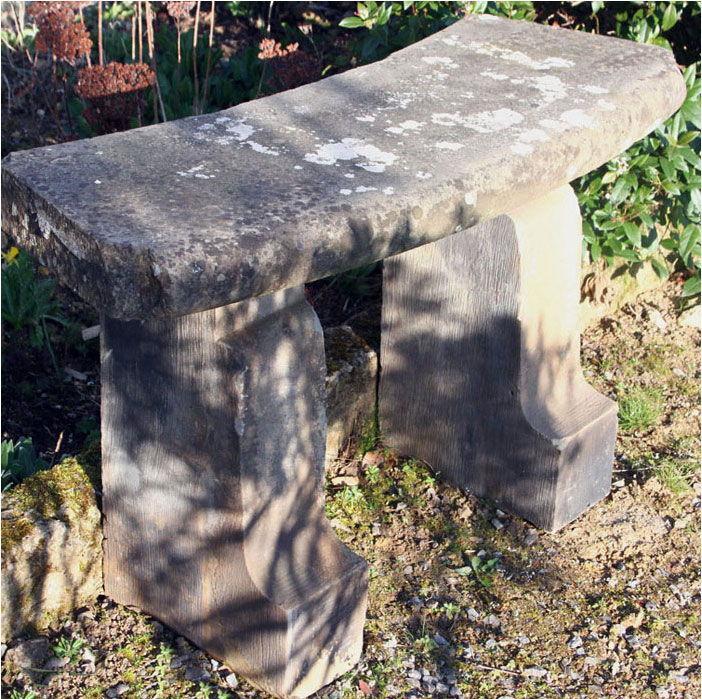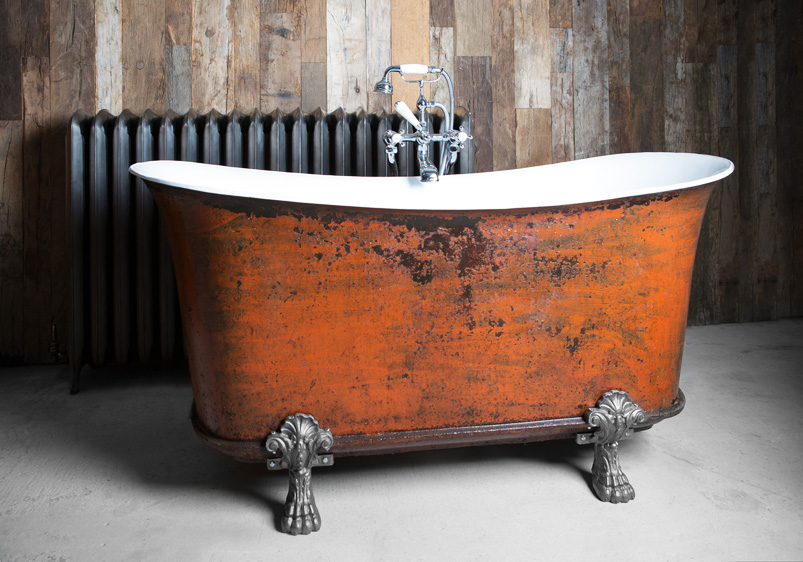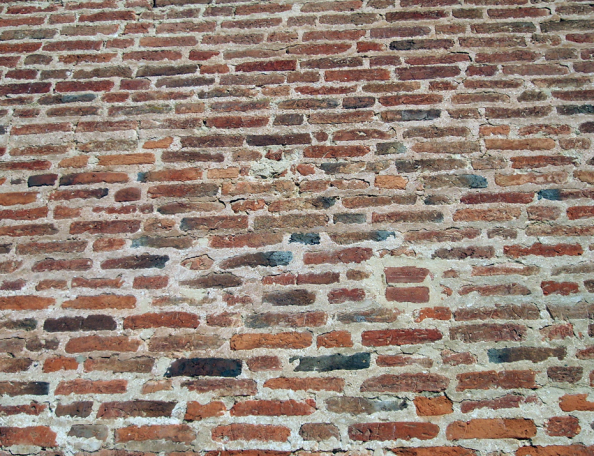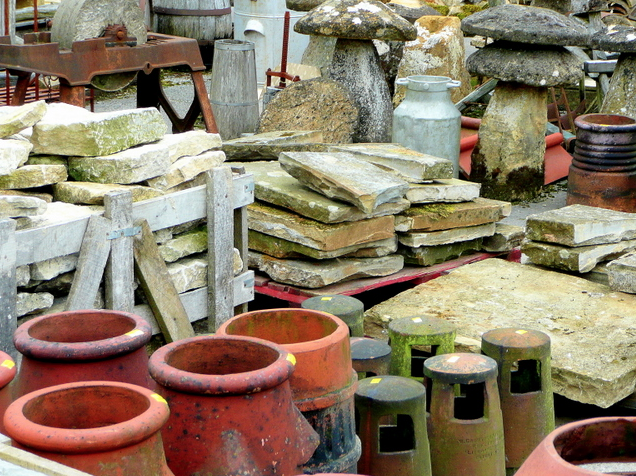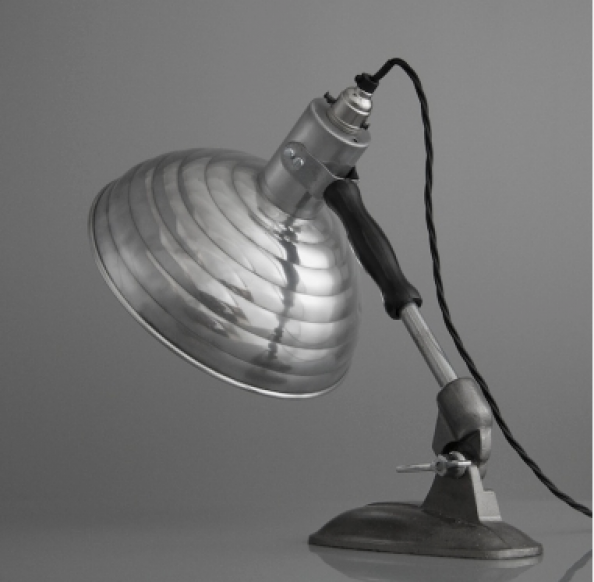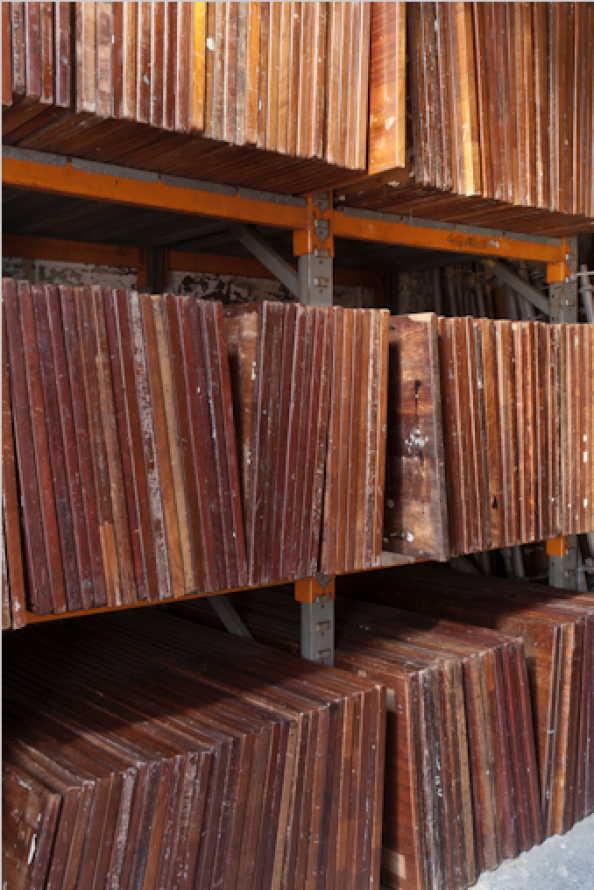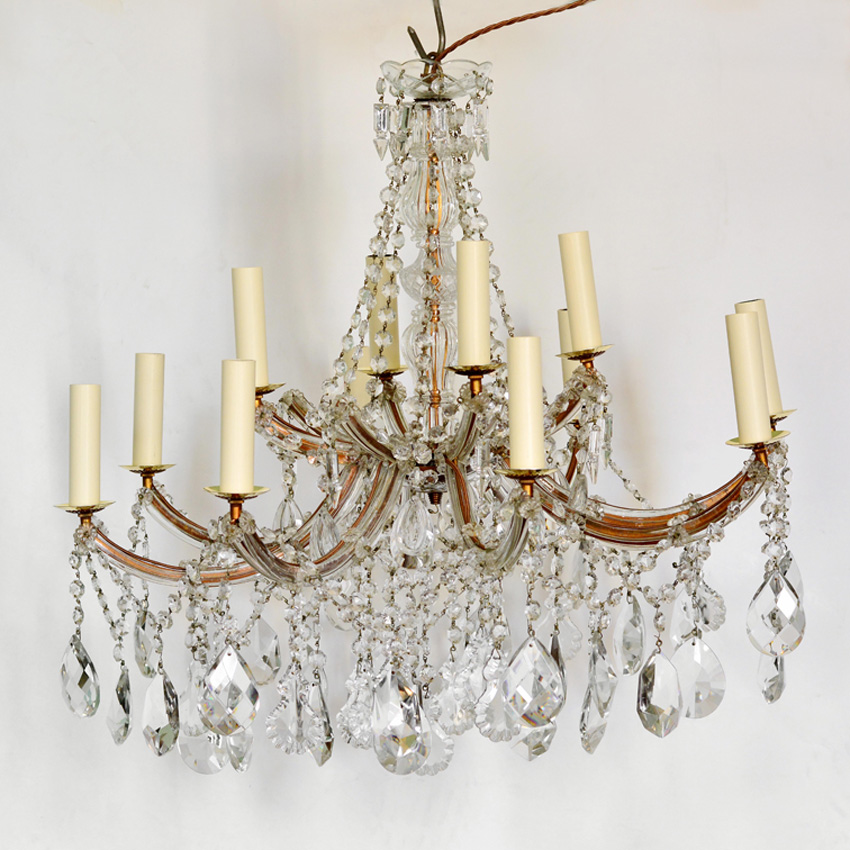Unlike much of the building industry, the salvage market has also stood firm through the recession, says Thornton: 'Recessions affect property values and make people realise they will have to live somewhere for quite a while. This helps salvage to remain fairly buoyant as people want to get a job done with the money they have, while knowing they will have to live with it.'
The most popular salvage items, says Thornton, are things that will fit easily into most rooms such as tiles, wood flooring and cladding, fireplaces and doors, rather than harder-to-place items such as staircases.
The big three - Retrouvius, Masco and Lassco
If you ask people to name a salvage/reclamation company, those with an interest in the sector will probably say Retrouvius in London, Masco in Gloucestershire, or Lassco, which has two London and an Oxfordshire venue; Brunswick House in Vauxhall, Ropewalk in Bermondsey and Three Pigeons in Oxfordshire.
Lassco was founded in the early 1970s, when 'it became evident that there were householders at one end of a North London street throwing original features into skips that householders at the other end were busily reinstating... between the two a business was born'.
Today, Ferrous Auger is MD and buyer at Lassco Brunswick House, which specialises in the antiques and hardware side of the business. The top five products customers want, he says, are: Lighting, mirrors, seating, tables and door furniture, although reclaimed flooring is also a huge part of the company’s business, dealt with mainly from by its Ropewalk depot.
Reclaimed does mean dirt cheap
'Some salvaged items are cheaper than new, some are not,' advises Ferrous. 'It depends how much we’ve had to pay for it and how much restoration is needed. Restoration costs are pretty high as they require skilled techniques – reversing the ageing process on an item is not an easy thing.'
For this reason he recommends you consider carefully how authentic they really want to be. 'With door furniture people can get bogged down in history, and the reality is that most people don’t live in a listed house,'he says. 'Do you want to be a purist? If so you’ll have to be prepared to dig deep so all the handles are the same. Or do you just want the look, which will be a cheaper option?'
